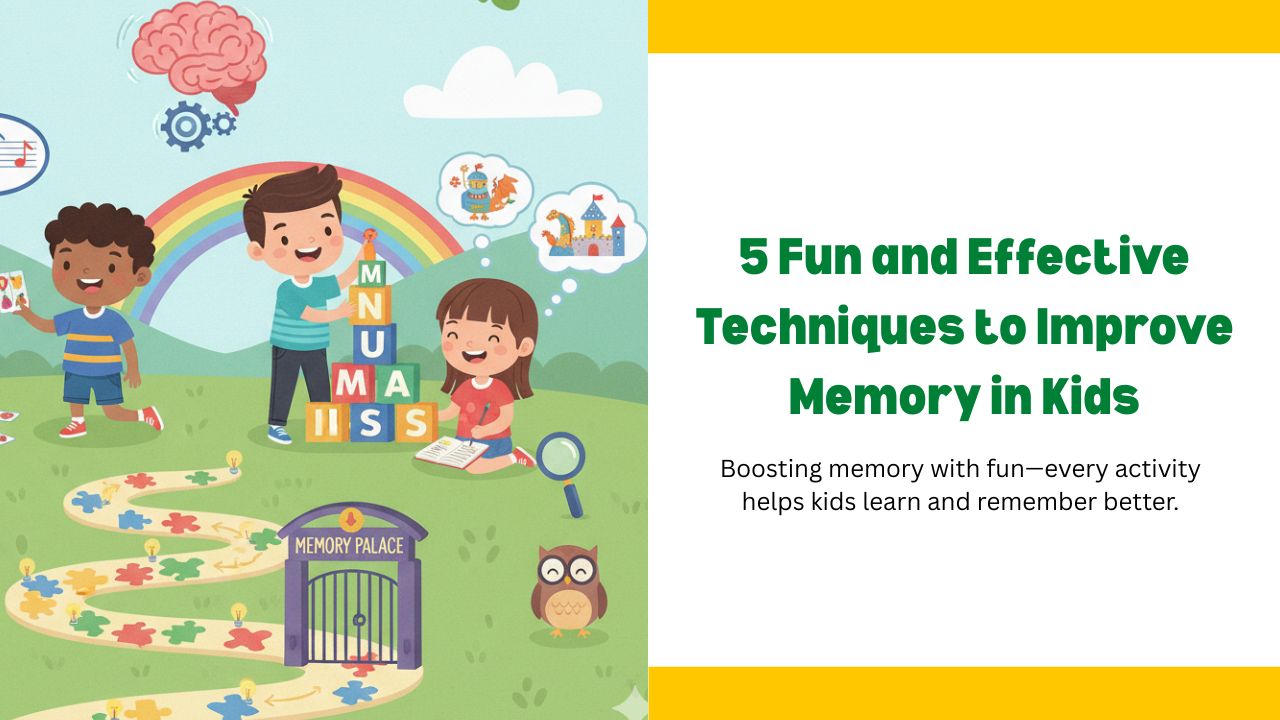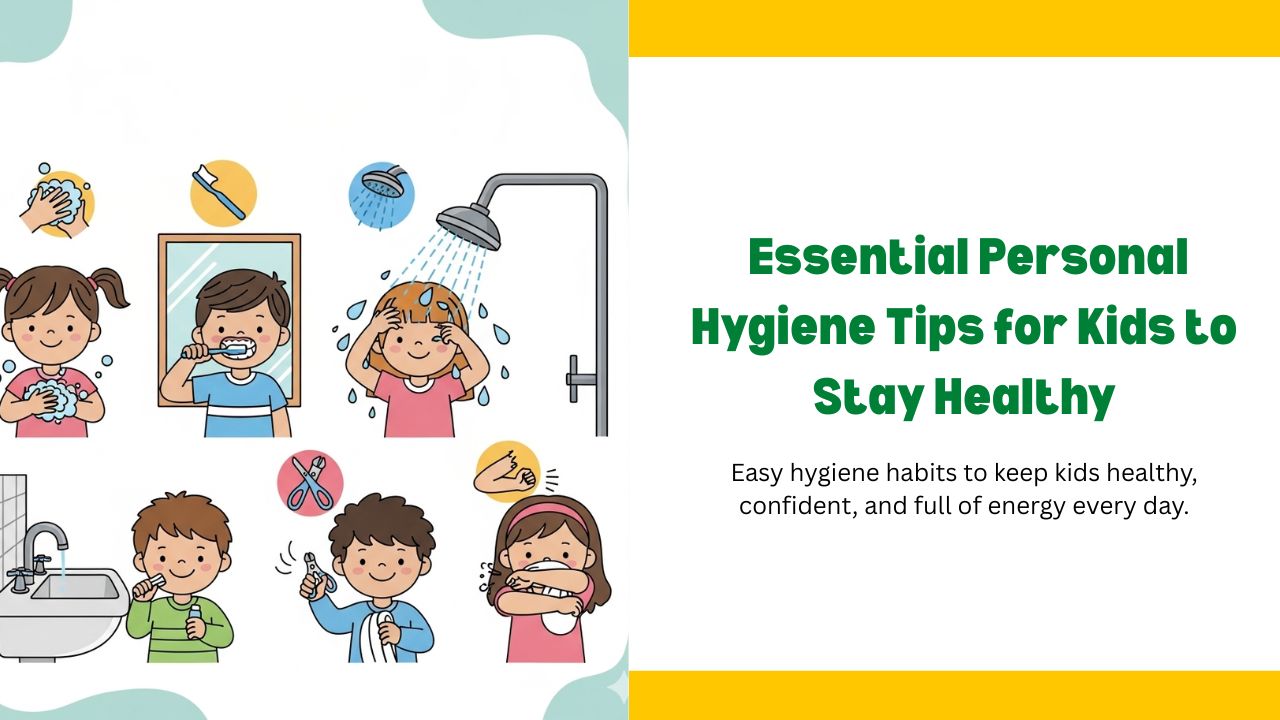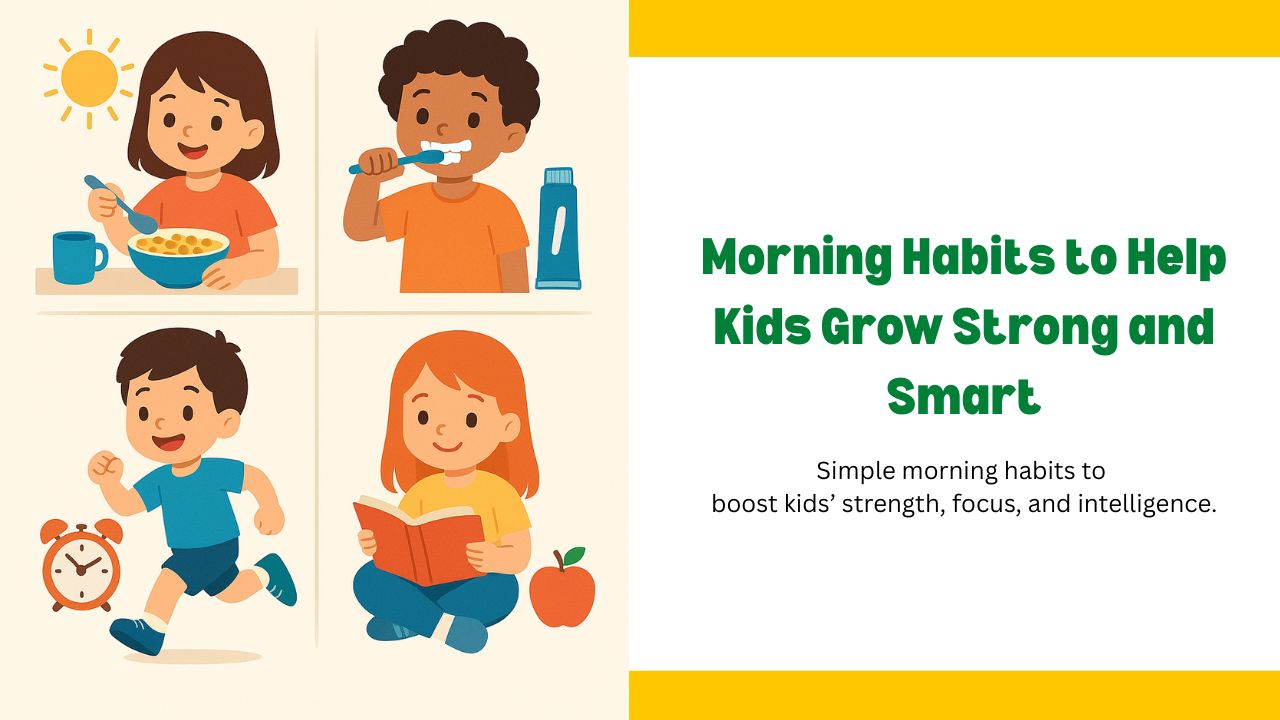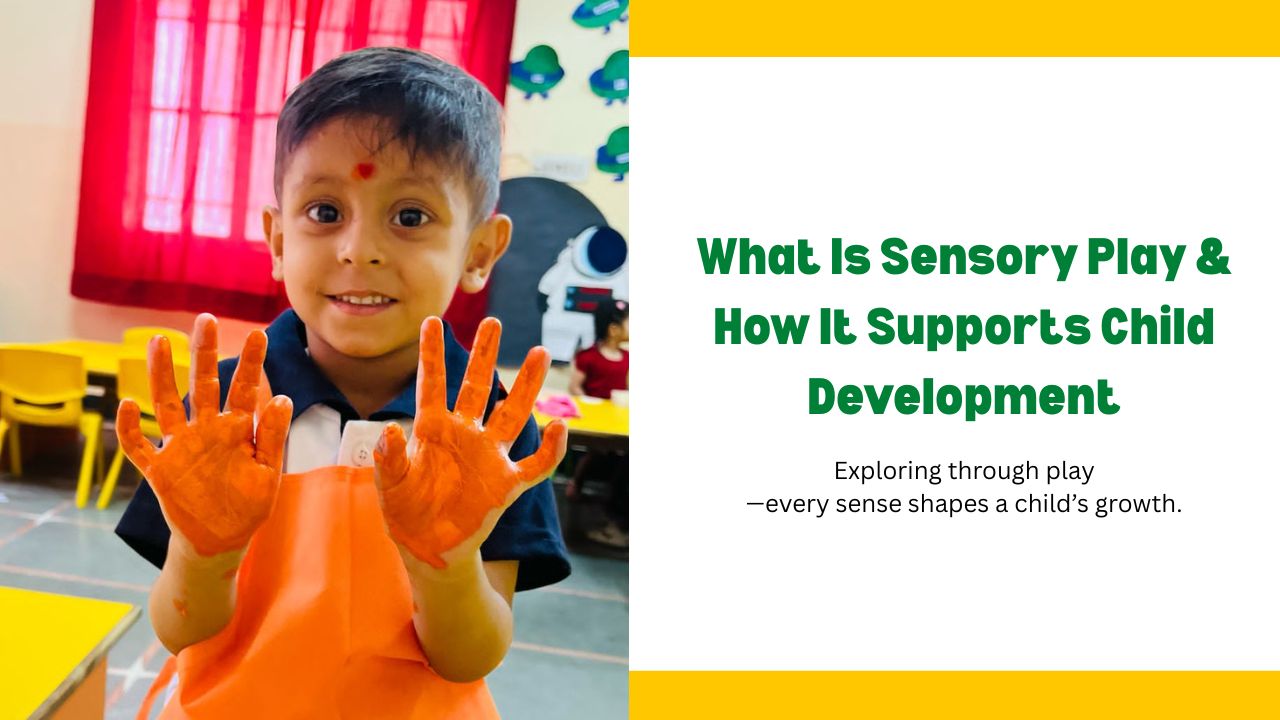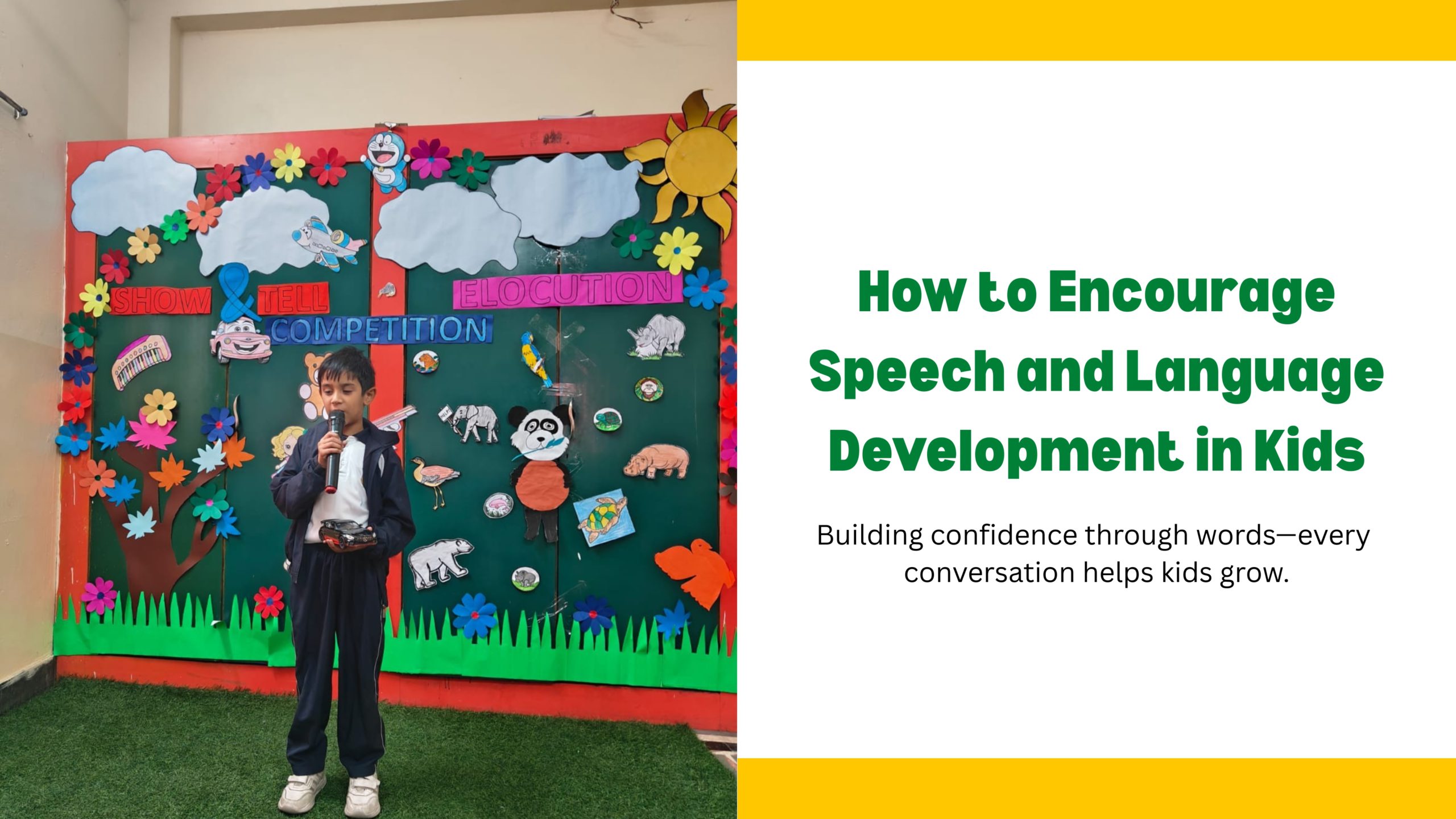How to Keep Awake and Concentrated While Study
Mastering how to avoid sleep while studying is an essential skill for students and professionals alike, aiming to enhance their productivity and retain crucial information. Sleep deprivation can severely impair cognitive functions, leading to decreased focus, memory retention, and overall learning efficiency. Hence, finding effective ways to stay awake and alert during study sessions is paramount for academic and professional success. This article delves into various strategies to counteract sleepiness, focusing on maintaining a healthy lifestyle that includes prioritizing sleep, staying hydrated, adhering to a balanced diet, and staying physically active, which are fundamental in supporting mental alertness and physical health.
As we unfold the layers on how to avoid sleep while studying, we will explore practical and effective study techniques, adjustments to the study environment, and mental engagement strategies that are key to sustaining attention and enhancing learning outcomes. Creating a conducive study environment, taking regular breaks, employing active learning techniques, and using technology wisely are among the tactics that will be highlighted to help you achieve optimal study sessions. Additionally, understanding the importance of exercise in promoting mental alertness and combatting sleep deprivation will further equip you with the tools needed to maintain focus and efficiently process and retain information.
Maintain a Healthy Lifestyle
Maintaining a healthy lifestyle is crucial for avoiding sleep while studying. It involves three key components: a balanced diet and hydration, getting adequate sleep, and regular physical activity.
Balanced Diet and Hydration
A nutritious and well-balanced diet can significantly impact energy levels and cognitive function. Consuming a variety of whole foods rich in essential nutrients, such as fruits, vegetables, whole grains, lean proteins, and healthy fats, can provide the necessary fuel for the body and brain. Adequate hydration is equally important, as dehydration can lead to fatigue, headaches, and impaired concentration.
Getting Adequate Sleep
While it may seem counterintuitive, getting enough high-quality sleep is essential for avoiding sleep during study sessions. Sleep plays a vital role in memory consolidation, cognitive performance, and overall well-being. Adequate sleep, typically 7-9 hours for most adults, allows the brain to recharge and process information more effectively. Establishing a consistent sleep schedule and creating a sleep-conducive environment can significantly improve sleep quality.
Regular Physical Activity
Engaging in regular physical activity can boost energy levels, improve mood, and enhance cognitive function. Exercise increases blood flow and oxygen delivery to the brain, promoting better focus and concentration. Additionally, regular exercise has been shown to improve sleep quality and duration, further contributing to overall alertness and productivity during study sessions.
Incorporate physical activity into your daily routine, such as brisk walking, jogging, cycling, or engaging in sports or recreational activities you enjoy. Aim for at least 150 minutes of moderate-intensity or 75 minutes of vigorous-intensity aerobic activity per week, as recommended by health organizations. Complement aerobic exercise with strength training exercises to build and maintain muscle mass, which can also contribute to better sleep.
By prioritizing a balanced diet, adequate sleep, and regular physical activity, you can create a solid foundation for maintaining alertness and avoiding sleepiness during study sessions. These healthy lifestyle habits work synergistically to support optimal cognitive function, energy levels, and overall well-being.
Effective Study Techniques
To enhance focus and productivity during study sessions, incorporating effective study techniques can be a game-changer. Here are some strategies to consider:
Taking Regular Breaks
The power of the mind is an untapped resource, and psychological strategies like the Pomodoro method can play a pivotal role in maintaining focus and warding off sleep. This technique involves breaking study sessions into short, intense periods followed by brief breaks, maximizing focus and minimizing fatigue.
Even a short burst of simple physical activity can greatly increase focus and attentiveness. Stretching, jumping jacks, and vigorous walking increase blood flow, which delivers oxygen to the brain and momentarily prevents drowsiness. Study breaks can be made more productive by incorporating these exercises, which not only restore the body but also renew the mind.
Power naps, lasting between 10 to 20 minutes, can provide a quick recharge without leading to sleep inertia. They offer an effective way to refresh the mind, enhance cognitive function, and improve alertness, making them an ideal tool for students who need a quick energy boost.
Reading Aloud and Writing Notes
Reading out loud and taking notes can be more effective for studying and retaining information compared to just reading through the material. The act of actively taking notes engages the brain more deeply with the content, reinforcing understanding and creating personalized study resources. Writing uses a different part of the brain than reading, so taking the time to write down concepts during or after reviewing the material can help solidify the information. Visual and auditory learners can benefit from this approach.
Switching Study Topics
Frequently changing subjects while studying can help maintain focus and engagement by providing mental breaks and variety. Switching between topics can activate different parts of the brain and prevent mental fatigue, potentially improving information retention. However, it’s essential to strike a balance, as constant switching can disrupt the flow of learning and make it harder to deeply understand and internalize the material. Experiment to find the right rhythm and cadence that works best for your individual learning style and the material being studied.
Environment Adjustments
Optimizing your study environment can significantly impact your ability to stay awake and focused during study sessions. Here are some effective adjustments to consider:
Bright Lighting
Exposure to bright light, particularly blue-enriched or red-saturated white light, can enhance alertness and cognitive performance. These specific wavelengths of light have been shown to modulate brain activity associated with daytime alertness, counteracting the post-lunch dip in energy levels. Ensuring your study space is well-lit with bright, white light can help combat sleepiness and improve focus.
Comfortable but Alert Seating
Studying at a desk or table is generally more conducive to focused and effective studying compared to lying in bed. Proper posture and ergonomic support promote better concentration and cognitive arousal, minimizing distractions and the temptation to drift off task. A comfortable yet alert seating position can help maintain an optimal state of alertness during study sessions.
Mental Engagement Strategies
Group Study Sessions
There are several advantages to studying in groups, one of which is maintaining attentiveness. Group study fosters contact and debate, which keeps the mind engaged and active and reduces the likelihood that it will become drowsy. Peers can also instill a sense of incentive and accountability in pupils, encouraging them to remain attentive and focused. This method not only prevents drowsiness but also enhances the educational process by utilizing common understandings and viewpoints.
Group study sessions allow individuals to benefit from diverse perspectives and approaches, leading to a deeper understanding of the subject matter. Discussing concepts with others can reinforce understanding, and teaching peers can solidify one’s own knowledge. Additionally, group settings foster enhanced problem-solving skills as members collaborate to tackle challenging concepts. The group dynamic can increase productivity and reduce procrastination, as peer pressure motivates individuals to stay on track and achieve their goals. Moreover, group study provides a social support system, reducing stress and anxiety related to studying.
Positive Self-Talk
Positive self-talk can be an effective strategy for maintaining mental engagement and avoiding sleepiness during study sessions. Self-talk is an internal dialogue that can significantly influence one’s thoughts, beliefs, and emotions. Positive self-talk involves encouraging and uplifting internal statements that can boost motivation, confidence, and overall well-being.
Engaging in positive self-talk has been shown to enhance performance and productivity. Research suggests that positive self-talk can help athletes improve endurance and power through challenging exercises. Similarly, students can use positive affirmations and self-encouragement to stay focused and motivated during demanding study sessions. Positive self-talk can counteract negative thinking patterns and repetitive negative thoughts, which are risk factors for anxiety and depression. By consciously replacing negative self-talk with positive statements, individuals can cultivate a more optimistic mindset and improve their overall quality of life. To incorporate positive self-talk into study routines, individuals can identify negative self-talk traps and actively reframe them with positive affirmations. Surrounding oneself with positive people and finding humor in challenging situations can also contribute to a more uplifting internal dialogue.
Interactive Learning Tools
Incorporating interactive learning tools can be an effective way to maintain mental engagement and combat sleepiness during study sessions. These tools can take various forms, such as educational games, quizzes, simulations, or interactive multimedia resources. Interactive learning tools often involve elements of gamification, which can make the learning experience more enjoyable and engaging. By introducing elements of competition, rewards, and interactive challenges, these tools can tap into the brain’s natural motivation systems, promoting sustained attention and focus. Furthermore, interactive learning tools can cater to different learning styles and preferences, making the material more accessible and engaging for a diverse range of learners. Visual learners may benefit from multimedia resources, while kinesthetic learners may thrive with simulations or hands-on activities. Additionally, interactive learning tools can provide immediate feedback and reinforcement, allowing students to identify and address knowledge gaps or misconceptions in real time. This immediate feedback loop can enhance learning retention and overall understanding of the material.
Conclusion
Throughout this article, we have explored a comprehensive spectrum of strategies designed to keep you awake and effectively engaged during study sessions. From cultivating a balanced diet and ensuring proper hydration to integrating active learning techniques and creating a conducive study environment, each approach plays a crucial role in enhancing focus and productivity
Ready to unlock your child’s full potential? Laureate High School provides a stimulating learning environment that fosters academic excellence and personal growth. Our dedicated teachers and holistic approach create a foundation for lifelong success.
Contact us today to schedule a visit and discover how Laureate High School can nurture your child’s bright future.
Follow Us On Instagram:-@laureatehighschool





